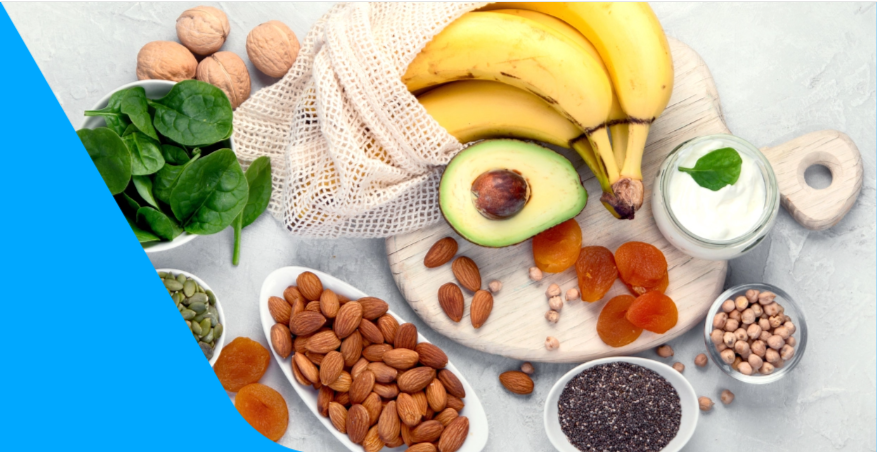SKIP TO CHAPTER

From your baby’s first weeks in the womb through the early years of life, his brain develops at an astonishing rate. A growing body of research pinpoints key nutrients that play a particularly important role during this time of complex and rapid transformation. Among them are folate, carbohydrates, fats (such as DHA), iron, iodine, protein, zinc, copper, selenium, choline, and vitamin A. This article highlights some of the most significant nutrients that influence your child’s brain development.
DHA
(docosahexaenoic acid)
What does it do?
While your baby’s brain is growing so quickly in her first two years, she needs a good supply of fats to support that growth. Your baby's brain more than doubles in size the first year of life. It's an important time to give her DHA, a type of omega 3 fat, an important building block of the rapidly developing brain.
Where can my child get it? DHA occurs naturally in breast milk, but the amount of DHA typically depends on the foods Mom eats. DHA is also found in a few specific foods, especially fatty fish like Atlantic salmon, mackerel, herring, as well as in DHA-enriched formulas.
Carbohydrates
What do they do? Carbohydrates from food sources—for example, fruit, brown rice, and whole grain cereal, bread, and pasta— turninto glucose in the body. And glucose is the brain’s main source of energy. Children metabolize glucose especially quickly. In fact, the rate of glucose metabolism increases steadily from birth to about age 3, by which time the rate is about twice as fast as an adult’s. The body can use glucose immediately or store in the liver and muscles for when it is needed. ..
Where can my child get them? Breast milk, formula, whole grain products such as breads and cereals, vegetables such as potatoes and corn, legumes and fruits.
Folate
What does it do? This B vitamin is important throughout pregnancy but is particularly essential during the first few weeks. That’s when the neural tube, which will eventually develop into the brain and spinal cord, is forming. Folate plays a key role in healthy cell formation, growth, and reproduction, and it helps build genetic material.
Where can my child get it? Breast milk, formula, liver, legumes, dark green leafy vegetables, oranges, cantaloupe, lean beef, whole grain breads and cereals or other fortified grain products.
Iodine
What does it do? In the womb and during the early months of life, the thyroid plays an important role in the development of the central nervous system and brain. Iodine is essential for the synthesis of thyroid hormones which regulate processes such as protein synthesis and directly affects organs such as the brain, as well as the muscles, heart, kidneys, and pituitary gland.
Where can my child get it? Breast milk, formula, saltwater fish and other seafood, including seaweed and kelp; iodized salt (table salt fortified with potassium iodide); some processed foods (although many processed foods are high in salt, it’s typically not iodized salt); and small amounts in dairy products, grain products, and eggs.
Iron
What does it do? Iron is a component of all cells in the body, vital to the formation and healthy function of red blood cells, which carry oxygen to the brain and fuels its growth. Iron can be dangerous when consumed in excess, so consult with your doctor if you’re considering a supplement.
Where can my child get it? Breast milk, formula, meat (including liver), poultry, fish, tofu, legumes, nuts whole grain breads and cereals or other fortified or enriched grain products, and dark green vegetables.








